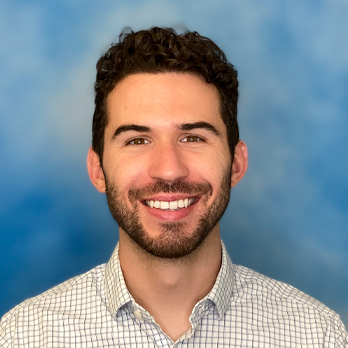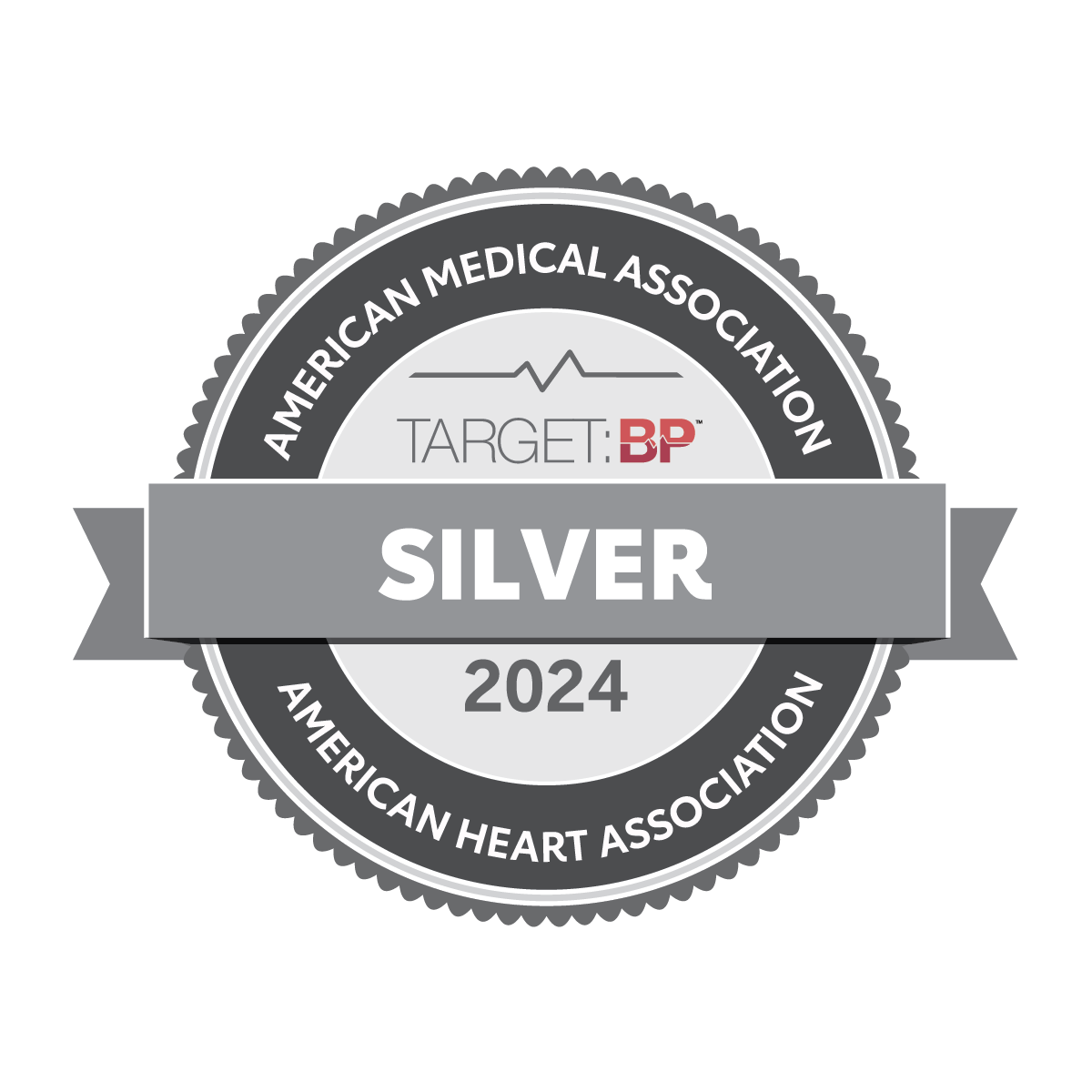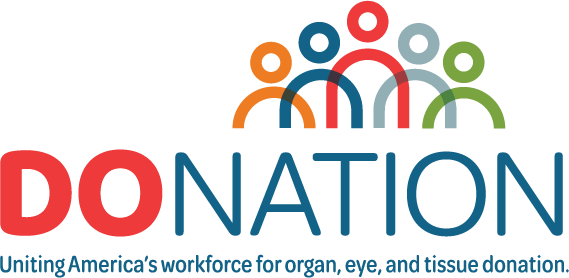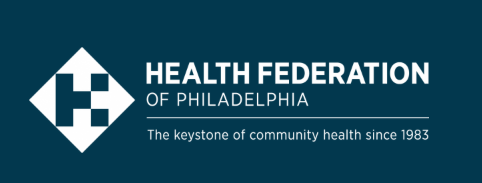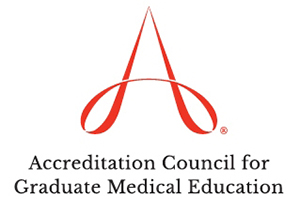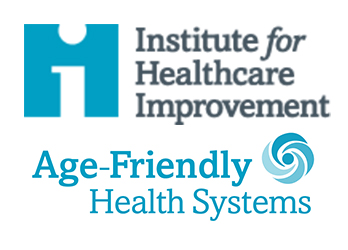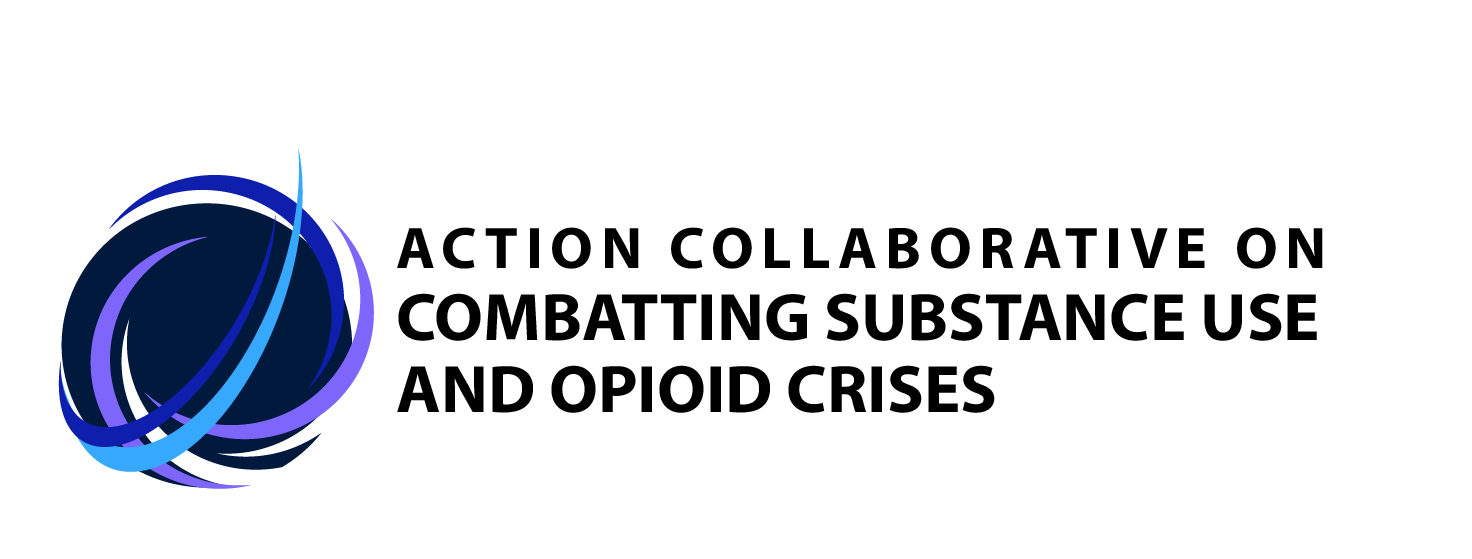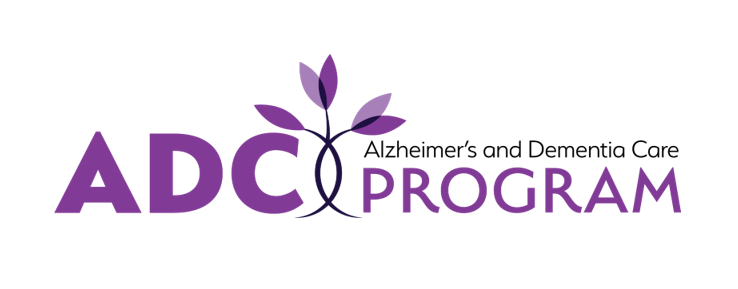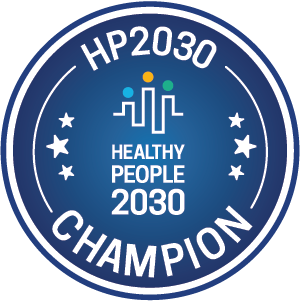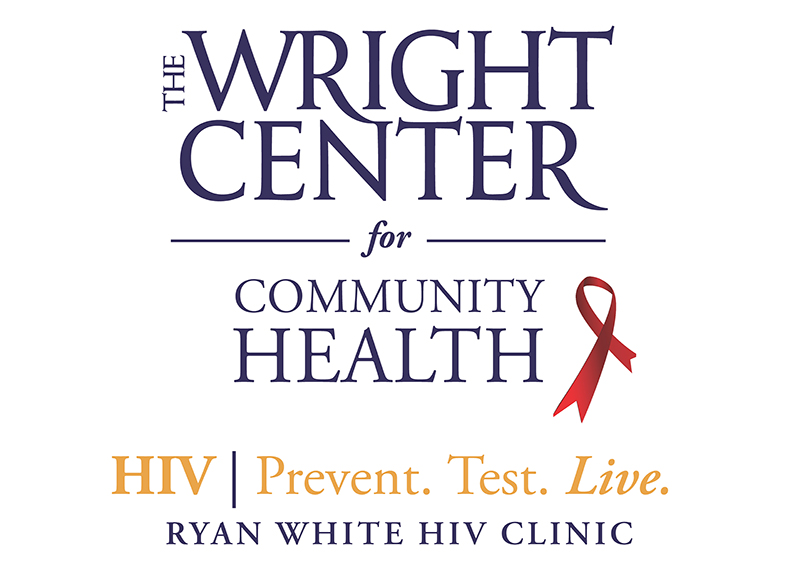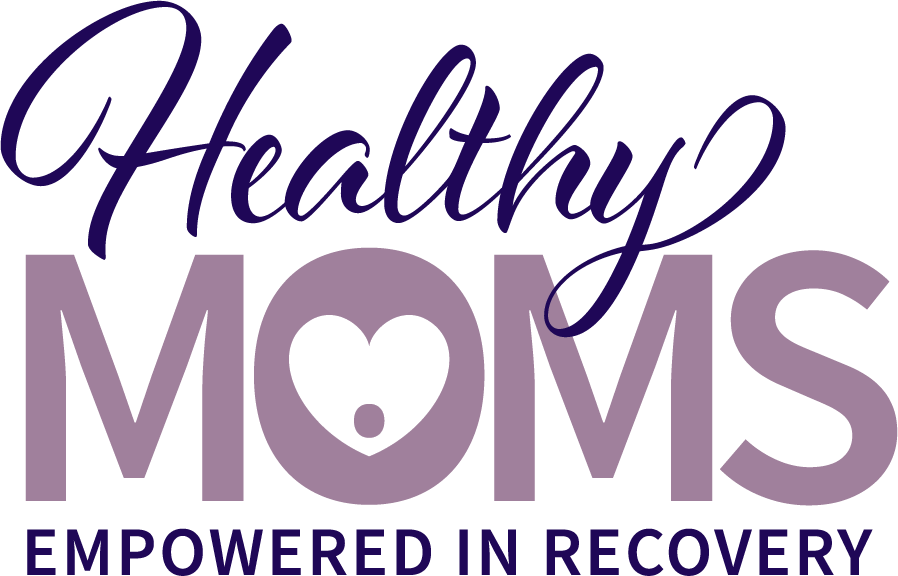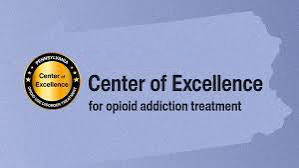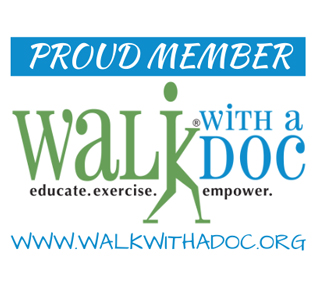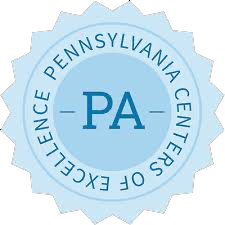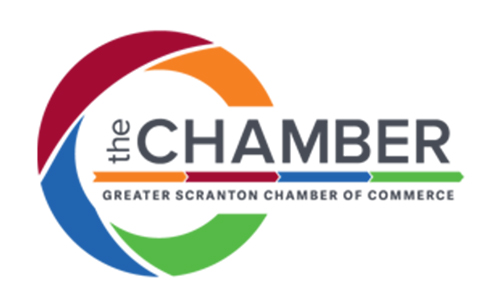Two employees at The Wright Centers for Community Health and Graduate Medical Education earned national recognition for their work supporting health care in underserved communities.
Dr. Sandra Rabat, a resident physician with The Wright Center for Graduate Medical Education Internal Medicine Residency Program, and Nicole Sekelsky, the director of needs-responsive outreach, engagement, and enrollment at The Wright Center for Community Health, received honorable mentions for the 2024 National Area Health Education Centers Organization (AHEC) 2024 Alumni/Advocate of the Year award for their work in regional communities. Both honorees are based in Scranton, Pennsylvania, and have affiliations with the Northeast Pennsylvania Area Health Education Center (NE PA AHEC).

Dr. Sandra Rabat is a resident physician with The Wright Center for Graduate Medical Education Internal Medicine Residency Program.
AHEC was developed by Congress in 1971 to recruit, train, and retain a health professions workforce committed to underserved populations.
Dr. Rabat, a second-year resident physician, is a graduate of the AHEC Scholars Program, a two-year program that aims to empower participants to make a meaningful difference in the lives of vulnerable populations and become a force for change, according to NE PA AHEC. As a resident physician, she has led innovative projects to improve health care access. Her “Defeating Barriers to Executing Screening Mammography for Women with Mobile Mammogram Awareness” project won first place in The Wright Center’s internal competition, showcasing her ability to address gaps in care.
Additionally, Dr. Rabat has become involved in advocacy work with The Wright Center, including organ donation, encouraging patient-provider discussions, and sustainable funding for the Teaching Health Center Graduate Medical Education Program. She has worked with the National Association of Community Health Centers and participated in the American Association of Teaching Health Centers’ Fall Fly-In, advocating for reforms on Capitol Hill.

Nicole Sekelsky is director of needs-responsive outreach, engagement, and enrollment at The Wright Center for Community Health.
Dr. Rabat also mentors AHEC Scholars, sharing her expertise with the next generation of health care professionals. Her commitment to improving access to primary and preventive care is reflected in her mentorship and presentations, including her 2021 talk on prioritizing vaccinations for older adults in long-term care facilities.
Sekelsky joined The Wright Center as a community health worker in 2022 after pursuing a career in health care through the Readiness In Skilled Employment Program (RISE) that helps Lackawanna and Luzerne county residents living 250% below the federal poverty level train for in-demand careers. Through that program, she learned about and enrolled in NE PA AHEC’s community health worker training program.
Since Sekelsky began working as a community health worker at The Wright Center, she has been promoted several times. In her current role, she ensures that all patients of The Wright Center receive access to health insurance and trains employees on how to assist patients seeking health insurance. She also serves on NE PA AHEC’s board of directors.








